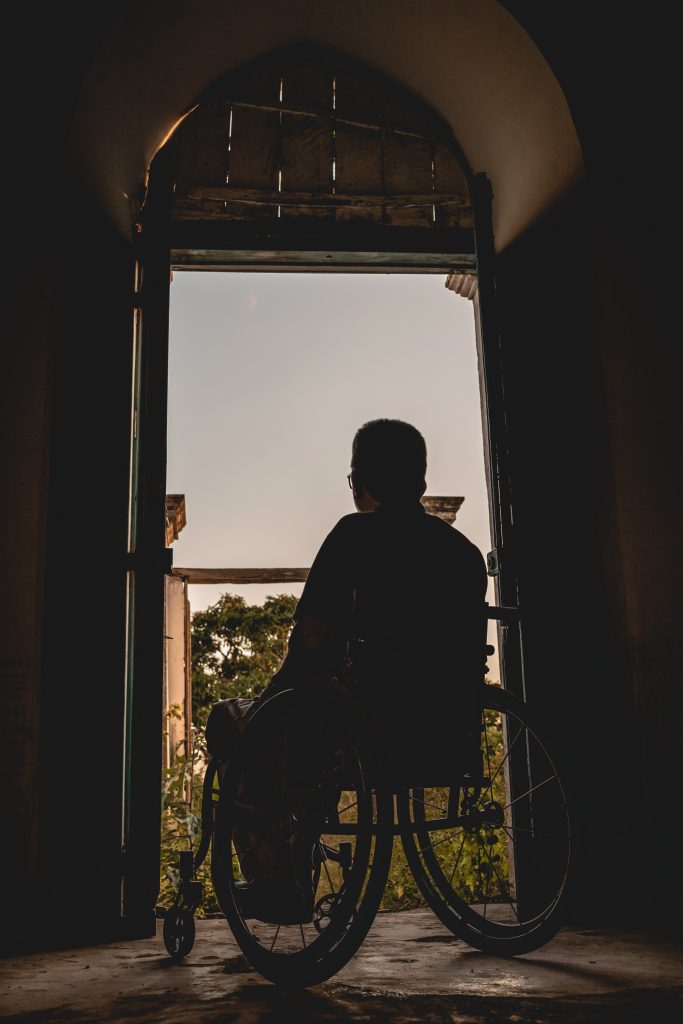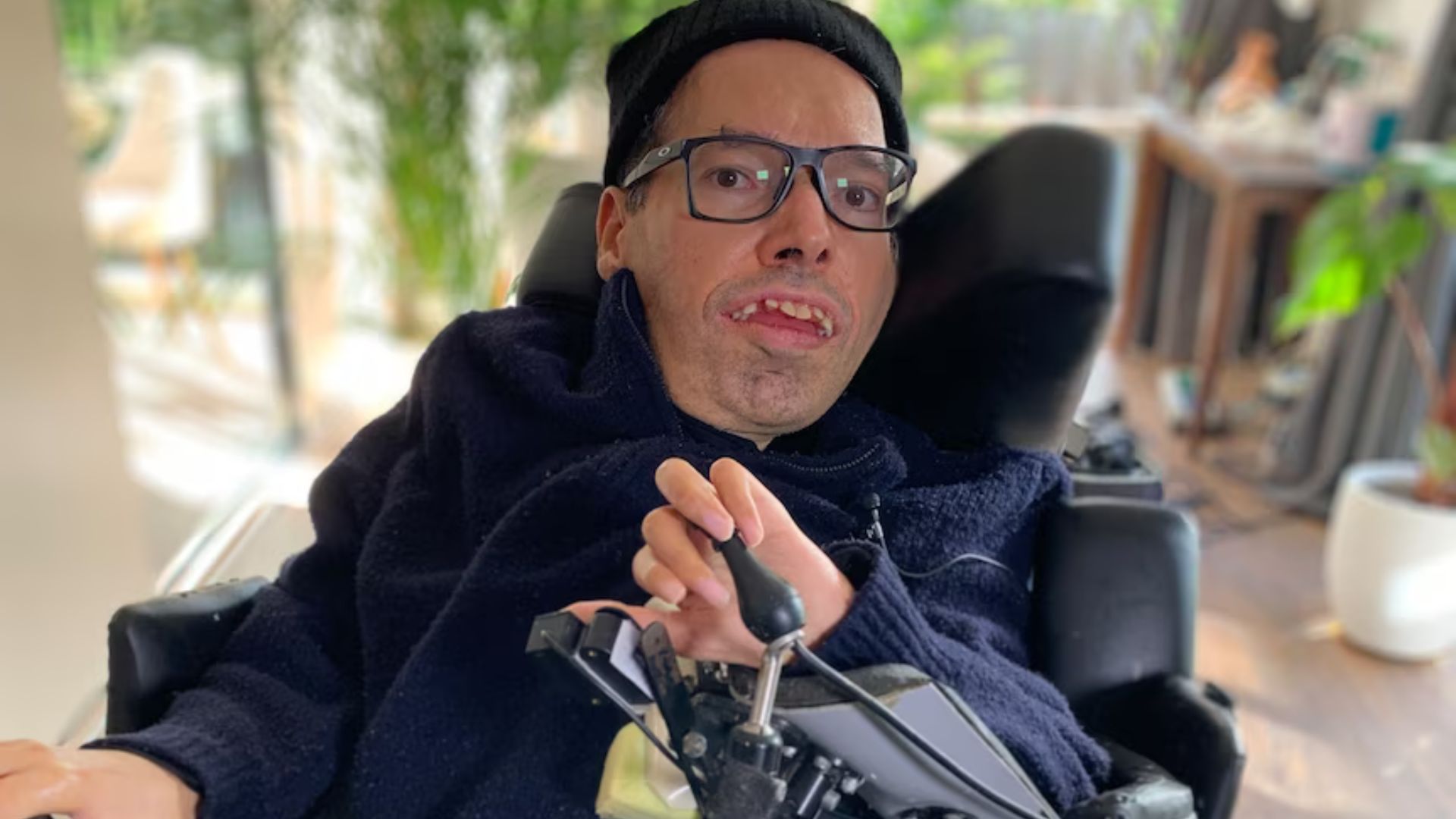This week marked 10 years since Australia’s National Disability Insurance Scheme (NDIS) was created to support people with disabilities.
According to the ABC, the interim findings of a long-running review of the NDIS were released on Friday, and one of five key challenges it identified was that far more children were on the scheme than expected.
The full report will be delivered in October and many of those with disability are afraid that changes to the scheme may lead to cuts, despite the federal government’s assurances.
One of the advocates who fought for the scheme 10 years ago was Dr George Taleporos. He lives with spinal muscular atrophy, a severe physical disability that means he relies on round-the-clock support.
Dr Taleporos said pre-NDIS support was “grossly inadequate” and akin to “competitive misery.”
“Parents were on the brink of abandoning their kids at respite centres and people were forced to live in nursing homes,” he said. “You basically had to relinquish your child to the state to get any support.”

Dr Taleporos is a doctor of psychology and hosts a podcast called Reasonable and Necessary, named after two of the NDIS’s key criteria for support. It’s focused on helping participants and their families navigate the system.
He said the NDIS “saved [his] life.”
“I can live in my own home in my own community… I can decide who supports me,” Dr Taleporos said. “It means I can work and pay taxes. I’ve got a PhD… I love my life.”
But for all the scheme’s successes, it’s been far from perfect. Fraud and bureaucracy have plagued the system for years. Annual spending on the NDIS has grown to more than $35 billion.
The NDIS Minister Bill Shorten this year said the government can make sufficient savings by cracking down on issues such as fraud and price gouging, rather than by targeting participant plans.
“We need to see the NDIS as an investment in people’s lives. It is not a frivolous expense,” Dr Taleporos said.
Source: ABC

